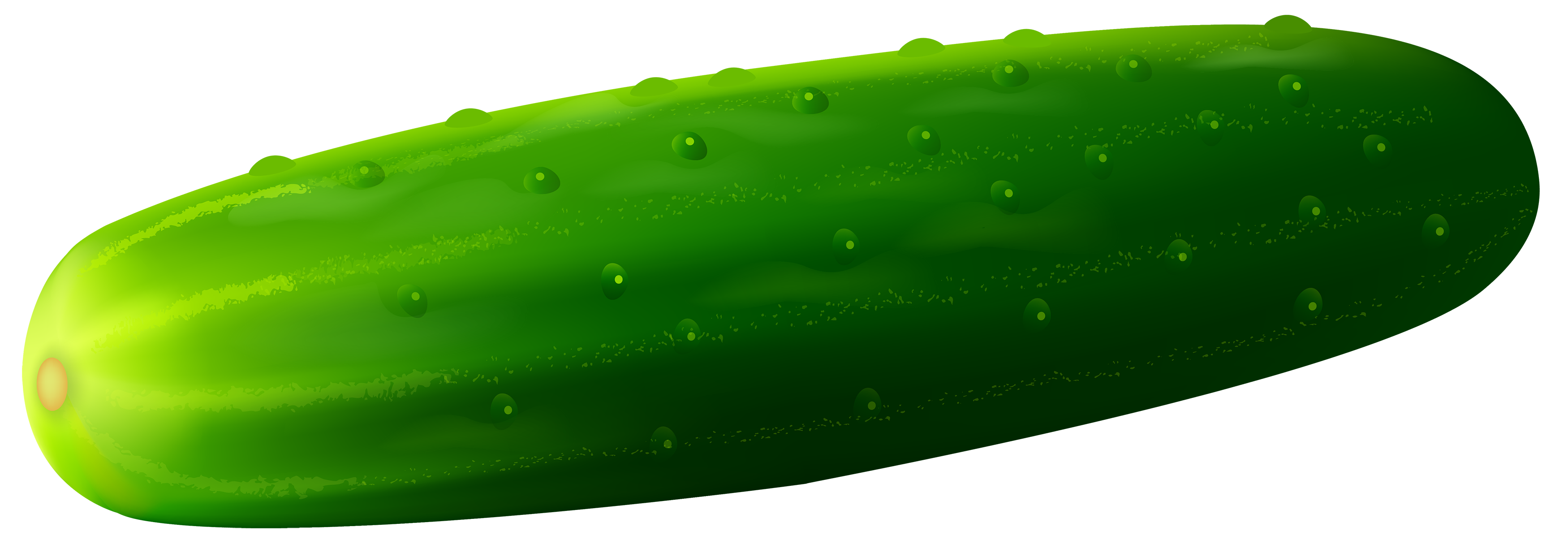
This image has format transparent PNG with resolution 3500x1205.
You can download this image in best resolution from this page and use it for design and web design.
Cucumber long and big PNG with transparent background you can download for free, just click on download button.
Cucumber (Cucumis sativus) is a widely cultivated plant in the gourd family, Cucurbitaceae. It is a creeping vine that bears cucumiform fruits that are used as vegetables. There are three main varieties of cucumber: slicing, pickling, and seedless. Within these varieties, several cultivars have been created. In North America, the term "wild cucumber" refers to plants in the genera Echinocystis and Marah, but these are not closely related. The cucumber is originally from South Asia, but now grows on most continents. Many different types of cucumber are traded on the global market.
The cucumber is a creeping vine that roots in the ground and grows up trellises or other supporting frames, wrapping around supports with thin, spiraling tendrils. The plant may also root in a soilless medium and will sprawl along the ground if it does not have supports. The vine has large leaves that form a canopy over the fruits. The fruit of typical cultivars of cucumber is roughly cylindrical, but elongated with tapered ends, and may be as large as 60 centimeters (24 in) long and 10 centimeters (3.9 in) in diameter.[citation needed] Botanically speaking, the cucumber is classified as a pepo, a type of botanical berry with a hard outer rind and no internal divisions. Much like tomato and squash, it is often perceived, prepared and eaten as a vegetable. Cucumber fruits consist of 95% water (see nutrition table).
A few cultivars of cucumber are parthenocarpic, the blossoms creating seedless fruit without pollination. Pollination for these cultivars degrades the quality. In the United States, these are usually grown in greenhouses, where bees are excluded. In Europe, they are grown outdoors in some regions, and bees are excluded from these areas.
Most cucumber cultivars, however, are seeded and require pollination. Thousands of hives of honey bees are annually carried to cucumber fields just before bloom for this purpose. Cucumbers may also be pollinated by bumblebees and several other bee species. Most cucumbers that require pollination are self-incompatible, so pollen from a different plant is required to form seeds and fruit. Some self-compatible cultivars exist that are related to the 'Lemon' cultivar. Symptoms of inadequate pollination include fruit abortion and misshapen fruit. Partially pollinated flowers may develop fruit that are green and develop normally near the stem end, but are pale yellow and withered at the blossom end.
Traditional cultivars produce male blossoms first, then female, in about equivalent numbers. Newer gynoecious hybrid cultivars produce almost all female blossoms. They may have a pollenizer cultivar interplanted, and the number of beehives per unit area is increased, but temperature changes induce male flowers even on these plants, which may be sufficient for pollination to occur.
Cucumbers grown to eat fresh are called slicing cucumbers. The main varieties of slicers mature on vines with large leaves that provide shading. They are mainly eaten in the unripe green form, since the ripe yellow form normally becomes bitter and sour. Slicers grown commercially for the North American market are generally longer, smoother, more uniform in color, and have a much tougher skin. Slicers in other countries are smaller and have a thinner, more delicate skin, often having fewer seeds and being sold in a plastic skin for protection. Sometimes these are known as English cucumbers. This variety may also be called a "telegraph cucumber", particularly in Australasia. Smaller slicing cucumbers can also be pickled.
In this clipart you can download free Cucumber PNG images